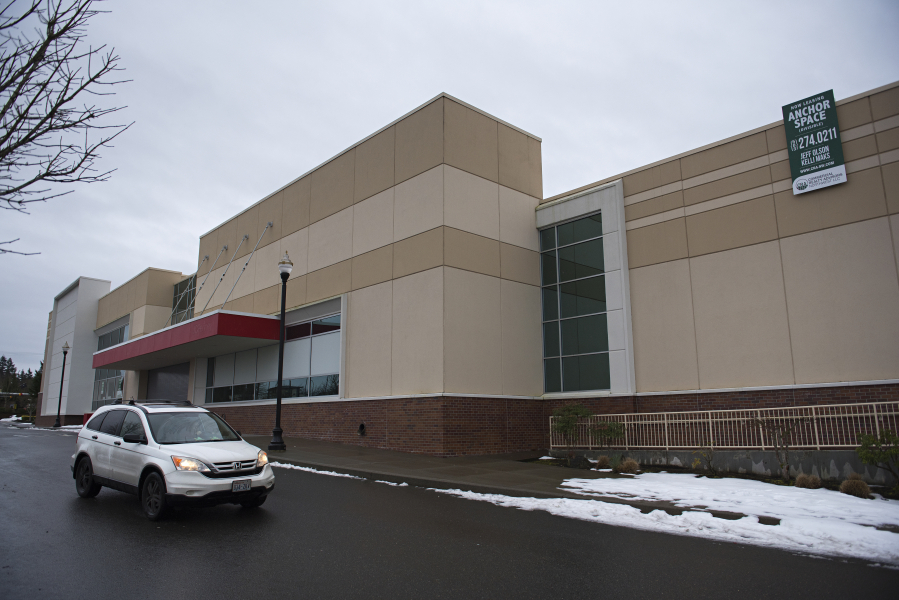A series of government interventions in the wake of the novel coronavirus pandemic kept the nation’s bankruptcy levels to the lowest seen since before the Great Recession.
Paycheck Protection Program loans, eviction moratoriums and enhanced unemployment benefits have allowed individuals and businesses to weather the pandemic-caused downturn without having to seek protection from creditors through the bankruptcy process, according to Dan Cox, executive vice president and chief credit officer of Riverview Bank in Vancouver.
But Cox said that once that assistance runs out — and it’s unclear when — the number of bankruptcies and other financial hardships could begin a yearly upward tick for the first time in a decade.
In 2020, Clark County residents or businesses filed 772 bankruptcies, which continued a downward trend. Filing numbers have dropped in every year since the 1,466 filed in 2015.
“Since 2010, the economy up until the pandemic has seen robust growth: pedal to the metal,” said Cox.
Retailers hit hard
Bankruptcies in one industry have increased since 2010: retail stores. In 2020, the list of bankrupt retailers with a presence in Clark County grew — including Pier 1, J.C. Penney and GNC.
Most individuals won’t declare bankruptcy unless they’re forced into it, Cox said. In the housing-driven recession of 2008 and the years after, many homeowners found themselves with a mortgage they couldn’t pay. Nationwide bankruptcies spiked in 2010 as a result.
“Since 2010, if people aren’t able to pay, they can sell their homes,” Cox said. “They can satisfy their debt by selling their assets.”
Struggle continues
Weekly filings for unemployment insurance remain at an all-time high and there aren’t enough available jobs; continued unemployment insurance claims clocked in at 16,406 in Clark County in the first week of February.
“The ones struggling before will struggle through it and further,” Cox said. “The ones not struggling pre-pandemic are the ones that are going to make it out the other side. A lot of companies and people are using their personal wealth and government help to make it through. Who has enough left to make it through the other side?”
Cox also noted that courts were shut down for a large portion of 2020, and even if someone wanted to file bankruptcy, they had to wait. In addition, court costs are expensive.
“A lot of debt modification and relief options are there for buyers who experience stress,” Cox said. “Those benefits are shielded from creditors.”
Additionally, Cox said, bankruptcy isn’t really an alternative for people who don’t own a house or have lost a job. “You have to have something to lose to declare bankruptcy,” he said. “There’s nothing to lose now.”
The housing market in Clark County is still going strong, and if a homeowner needs additional money, he or she might sell a house and turn to renting, Cox said, and the number of renters is likely to increase in the near future.




